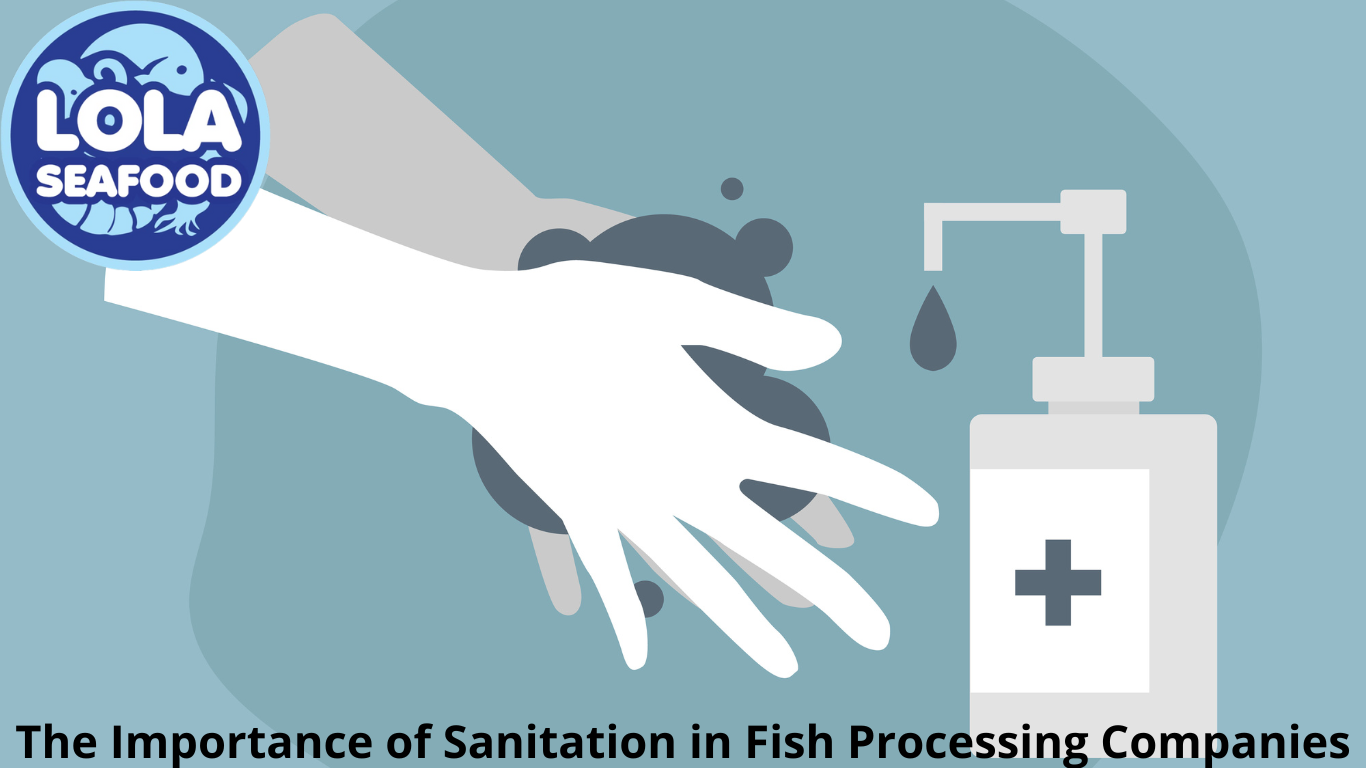The Importance of Sanitation in Fish Processing Companies
By. Najih - 18 Oct 2024
Sanitation plays a crucial role in fish processing companies as it directly impacts the quality and safety of the final product. Ensuring a sanitized facility is essential to prevent contamination and minimize the risk of foodborne illnesses. Proper sanitation practices help to reduce the presence of bacteria, viruses, and other microorganisms that can cause spoilage and affect the quality of the fish.
Why Sanitation is Important
- Prevents contamination: Sanitation helps to eliminate the risk of contamination from bacteria, viruses, and other microorganisms that can cause spoilage and affect the quality of the fish.
- Ensures food safety: Sanitation practices help to minimize the risk of foodborne illnesses by reducing the presence of harmful microorganisms.
- Maintains quality: Sanitation helps to maintain the quality of the fish by preventing spoilage and ensuring that the product is fresh and safe for consumption.
- Boosts sales appeal: A sanitized facility can improve the sales appeal of the product, as customers are more likely to purchase from a company that prioritizes cleanliness and hygiene.
- Improves staff morale: Sanitation practices can improve staff morale by providing a clean and safe working environment.
Challenges in Sanitation
- Design of factories and processing machinery: The design of factories and processing machinery can make it difficult to clean and sanitize certain areas.
- Equipment and machinery: The type of equipment and machinery used in fish processing can make it challenging to clean and sanitize.
- Staff training: Ensuring that staff are properly trained in sanitation practices can be a challenge.
Best Practices for Sanitation
- Regular cleaning and disinfection: Regular cleaning and disinfection of equipment, machinery, and facilities is essential to prevent the buildup of bacteria and other microorganisms.
- Proper waste disposal: Proper waste disposal is critical to preventing contamination and maintaining a clean facility.
- Staff training: Providing regular training to staff on sanitation practices can help to ensure that the facility is maintained in a clean and safe condition.
- Regular inspections: Regular inspections of the facility and equipment can help to identify areas that require improvement and ensure that sanitation practices are being followed.

.jpg)
.jpg)
.jpg)




